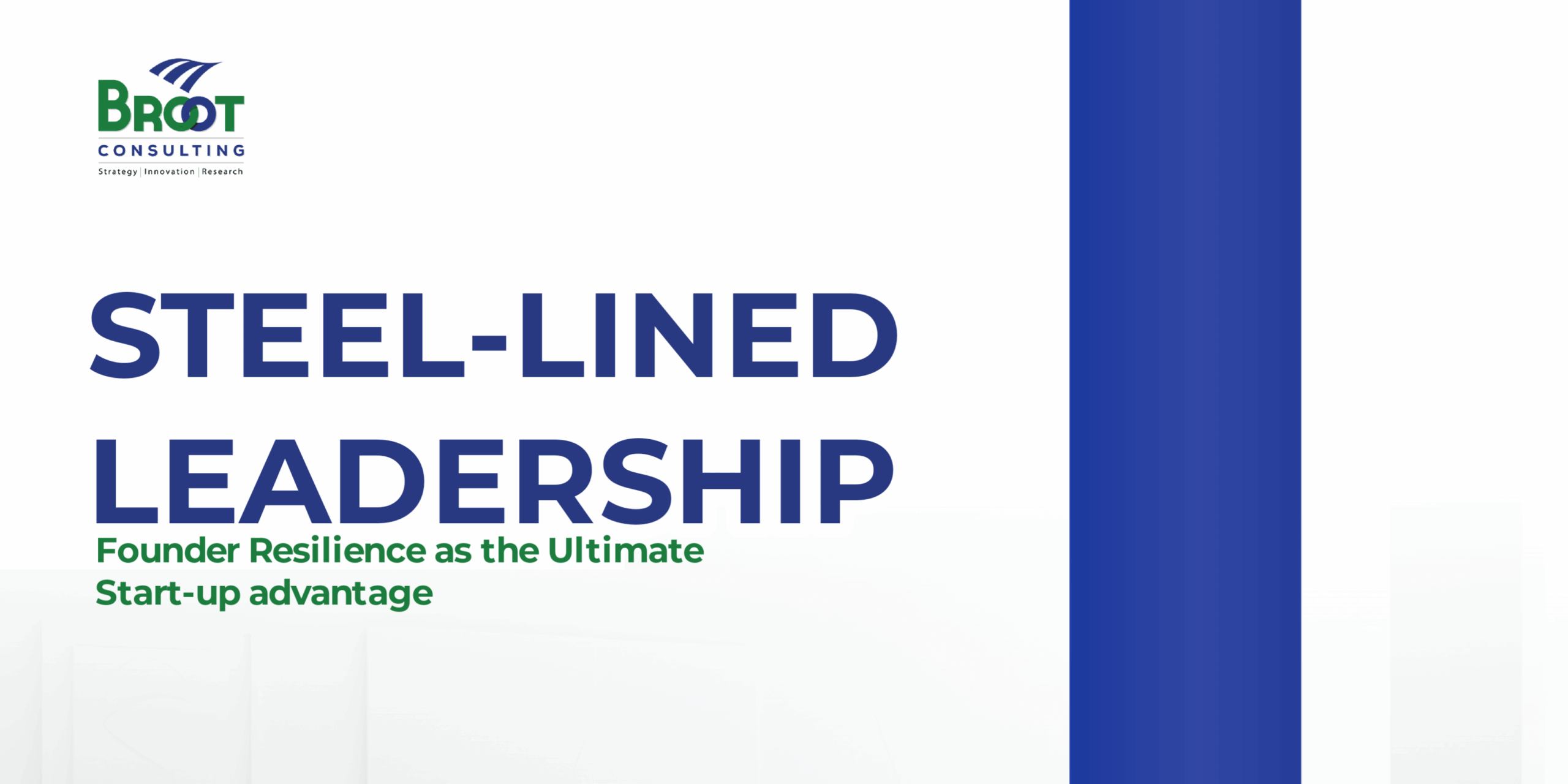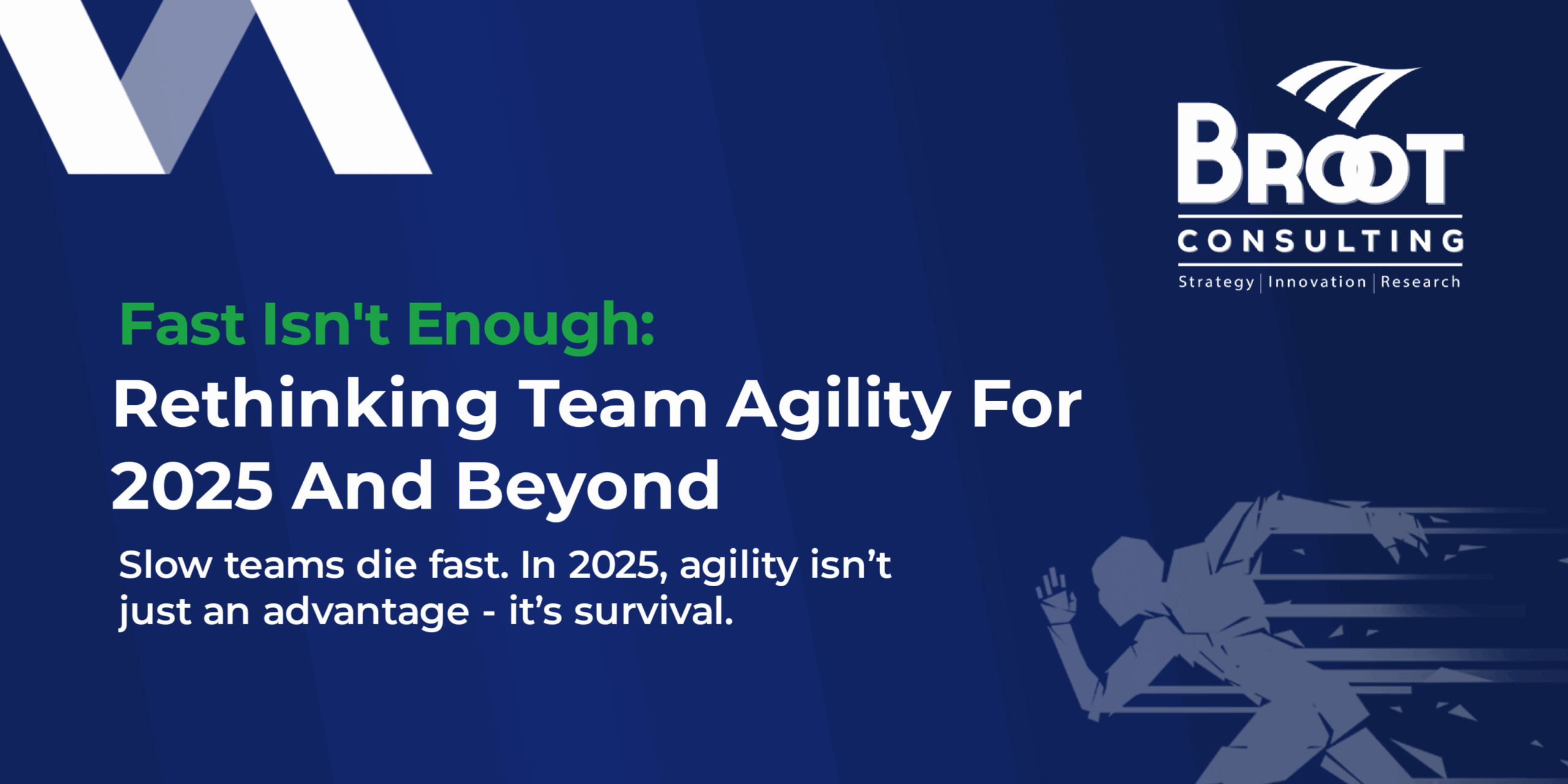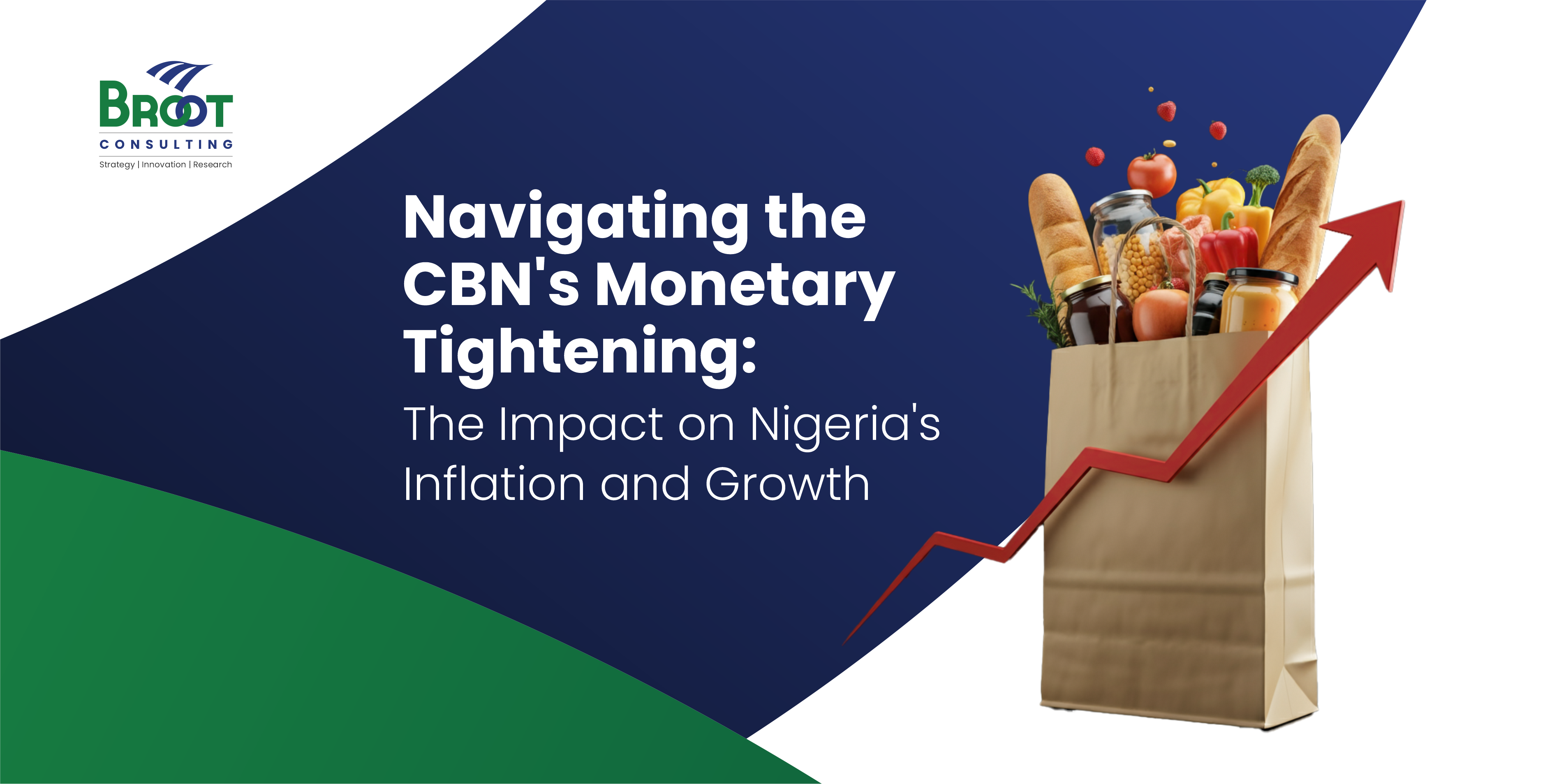Holding on is believing that there’s only a past; letting go is knowing that there’s a future.- Daphne Rose Kingma
We are Not all That Rational
If we are sincere, we will find that irrational decisions are a natural part of our healthy lives. It is okay and even normal, that we make one or two decisions that are not derived from logic, but a real danger ensues when we are not aware of this tendency. Trouble looms when we do not check this propensity and manage it appropriately. This article examines the sunk cost fallacy and how it can limit personal and corporate growth, stifle innovation, derail a vision and trap individuals, organizations and government in an endless cycle of bad decisions.
We do not have to look too far to understand the sunk cost fallacy. When you sit through a movie you are not enjoying just because you paid for it, this is fallacy is at work. When you hold onto and spend a lot of money on maintaining cars, clothes and other material things that you no longer use simply because they cost you a fortune or they were gifts from someone you cherish so much, then the sunk cost fallacy has got you! The sunk cost fallacy also spreads to our investments, businesses and relationships. Are you finding it hard to put a stop to investing in a failing project? Do you find it difficult to let go of employees just because you have invested heavily in them? Do you still keep relationships that do not add value to your life? You see, this loss aversion that characterizes the sunk cost fallacy happens because our brains keep record and place a huge value on the things that we have invested in. It recalls the scare resources that we have deployed to get them and so it is always unwilling to let go.
We All Want to “Eat our Money”
The tendency to want to maximize our resources is so central to human nature that even children exhibit it. When my daughter was between 10 and twelve years and we go for some of these exotic dinners. I notice how she will try to eat so much and enjoy all the courses; the tantalizing appetizers, entrée, main course and dessert. When I try to caution her, her reply was profound “Daddy I must eat my money” which literally means that she must get value for what has been spent. I also discovered that her use of the word “my money” very interesting. The money is mine and not literally hers, but she has built a genuine sense of attachment to it. As if that is not enough, she adds another block to her defence “I do not like to waste food and money, don’t you know that there are people without food?”
Getting value for resources that have been spent is a well-researched behaviour of us humans. It is a good thing really but how far should it go. How rational do you think you are in respect to decisions that affect your career, business, relationship or life?
Sunk Cost Fallacy – The Economics
One of the basic rules in economics is that rational beings should not take cognizance of irrecoverable cost (sunk cost) when making decisions about present or future investments. More often than not, we get emotionally attached to the past that we lose sight that it undermines the future. Yes, you made decisions in the past, it cost you money and other resources, you probably don’t recollect the details of that decision, but you are constantly aware of the costs. The costs compel you to continue a project which no longer makes any logical sense. It doesn’t add value to the present situation, and it will not be beneficial for future activities. When we allow our decisions to be tainted by our emotional investment then we are a victim of sunk cost fallacy, the more emotional investment we made, the more difficult it becomes for us to walk away from such investment even when the situation dictates otherwise.
According to Christopher Olivola of Carnegie Mello’s Tepper School of Business, Sunk Cost Fallacy makes us “to continue in an endeavour, or continue consuming or pursuing an option, pushing you to do things that are making you unhappy or worse off. In his recent research, Olivola found that we find it extremely difficult to walk away from anything in which we have invested a considerable amount of resources: time, effort or money that we can’t get back. The study shows that we have a strong sense of aversion to losses, therefore, we dread abandoning undertakings that have cost us something therefore, we irrationally keep on pursuing such endeavours. He observed that everyone from individuals to big corporations fall into this trap. In the sense that the resources expended is gone and can never be recouped. Olivola says. “But I do think people do these things because they want to convince themselves that they’ve managed to recapture the loss.”
Sunk Cost Fallacy: An Enemy of Growth and Innovation
Staying too long with a “losing undertaking” stifles innovation and growth. It takes courage to call it quits when the signs are obvious, however, more courage may be required to manage the aftermath effect of the situation when you continue to throw good resources after bad money, bad investment and bad projects. Tackling the Sunk Cost Fallacy may not be an easy adventure, but it is a necessary one. There are times that many think they have just gone too far. For instance, you studied Medicine in school, and you are now a consultant of considerable experience. However, deep down in your heart, you are gifted in something else, something totally different that makes you feel alive. How do you begin, given the resource that you have invested in your current profession? You have already climbed through the ladders. Do you continue to hold on, knowing that your true essence lies somewhere else?

A lot of government institutions are caught up in the Sunk Cost Fallacy net. For instance, the Nigeria government continues to throw money into the Ajaokuta Steel Company, even though the company has remained a project 40 years after it was conceived. The project which was built by the Russians has not produced a single sheet since it was founded. What rational idea can the government give for still continuing to fund this project? Another renowned example of Sunk Cost fallacy in is the Concorde supersonic passenger aircraft. A joint project between the British and French governments. Having spent over £1.134 billion to develop the Concorde, the two governments wasted a lot of money over four decades to develop the aeroplane that no one was interested in buying except the two countries. Eventually, the Concorde supersonic was shut down after some tragedy, the question is why did the two governments wait for so long? The Vietnam War and the search for Weapons of Mass Destruction in Iraq are other global examples of this reality. Corporations all over the world continue to get stuck in this mud. They fall in love with ideas that are not market compliant and pump a lot of energy into it. Listen carefully and you would in 2019 hear statements like “we have invested so much, and it is too late to turn back” and then, they continue to make poor choices.
Sunk Cost Fallacy: The Way Forward
The best way to overcome the Sunk Cost Fallacy is to be aware of your natural bias towards loss aversions. You must learn to detach yourself from the past, learn to take a decision even when you may be affected by it. You do not have to hold on to a department or division because you are the one that nursed the idea. If it is not working you should be able to pull the plugs. That is the level of maturity needed to defeat the Sunk Cost Fallacy. Learn to detach yourself from your project or stop falling in love with an idea that no longer works. As Julia Galey pointed out, nobody ever said it is going to be easy and everyone understands that there are investments that are particularly painful to let go but when it is time to go, it is just time to go. There is no gain flogging a dead horse! There are realities that you cannot do anything about and that is just the way it is. It is time to overcome your failures and inadequacies and learn to fail fast in order to put the experience behind you. Early recognition of falling into the sunk cost fallacy will enable you to stop and take inventory of the benefits and the downside of your decisions, abandon the emotional investment and embrace rationality. The world doesn’t rise and fall with one project there are brighter opportunities on the other side of courage.




